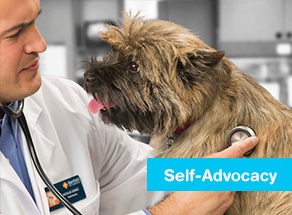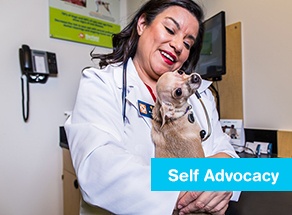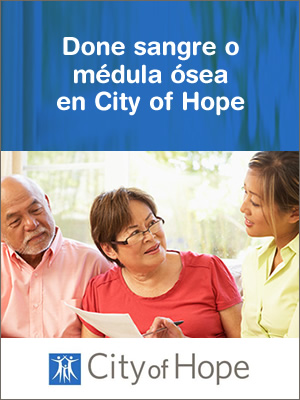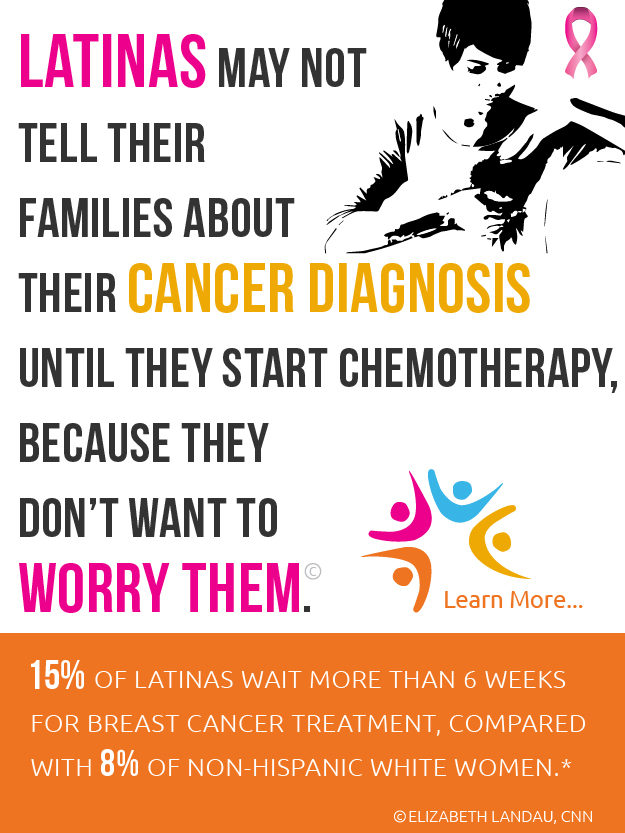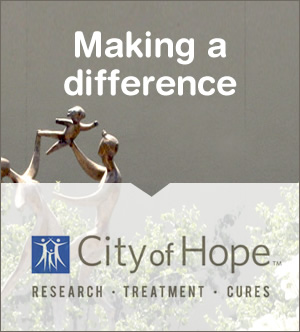Breast Cancer Awareness
Breast Cancer in Latinas: An interview with Dr. Chavez Mac Gregor
15/10/2015 12:00pm | 8229 viewsBreast cancer is the most commonly diagnosed form of cancer among Latinas.
According to the Office on Women’s Health, even though Latinas are less likely than non-Hispanic white women to develop this condition, breast cancer in Latinas is typically found during the most advanced stages, when it is more difficult to treat.
Self Advocacy
CHEST Foundation and Sunovion Boosts Hispanic COPD Awareness
13/10/2015 12:00pm | 6915 viewsNovember is National COPD Awareness Month, and joining the month-long campaign to boost public knowledge and action is the country’s American College of Chest Physicians (CHEST) Foundation, in cooperation with leading pharmaceutical company Sunovion Pharmaceuticals, Inc. This month, members of the Hispanic population will be one of the foundation’s main focuses, following up on the Tome Un Respiro COPD campaign launched earlier this year. The CHEST Foundation is comprised of over 18,700 international members who specialize in pulmonary health, critical care, and sleep medicine.
Lifestyle
Nearly Half Of Hispanic Americans With High Cholesterol Unaware Of Their Condition
11/10/2015 12:00pm | 6559 viewsNearly half of Hispanic Americans with high cholesterol are unaware of their condition, and fewer than one-third of those who are aware receive treatment, according to recent findings.
Breast Cancer Awareness
8 Things About Breast Cancer Every Woman Should Know (Part 2)
09/10/2015 10:00am | 7001 viewsContinued from Part 1.
In the continuation of her interview with Evie Leatham for EasyLivingMag, the singer Olivia Newton-John goes on to share what she learned about herself and about breast cancer after being diagnosed with the disease at the age of 44 -- and how it feels to be a cancer-free thriver for the past 20 years.
Breast Cancer Awareness
5 Myths, and the Reality, about Genetic Testing for Breast Cancer
08/10/2015 06:00am | 7620 viewsBy Wayne Lewis
People with a family history of breast cancer often seek genetic testing to find out whether they carry mutations to key genes called BRCA1 and BRCA2, greatly increasing their risk for breast cancer and other diseases.
For this small but significant portion of the population, knowledge is power. They have seen their grandmothers, aunts, cousins and sisters struggle with breast or ovarian cancer. They may have faced these diseases themselves.



